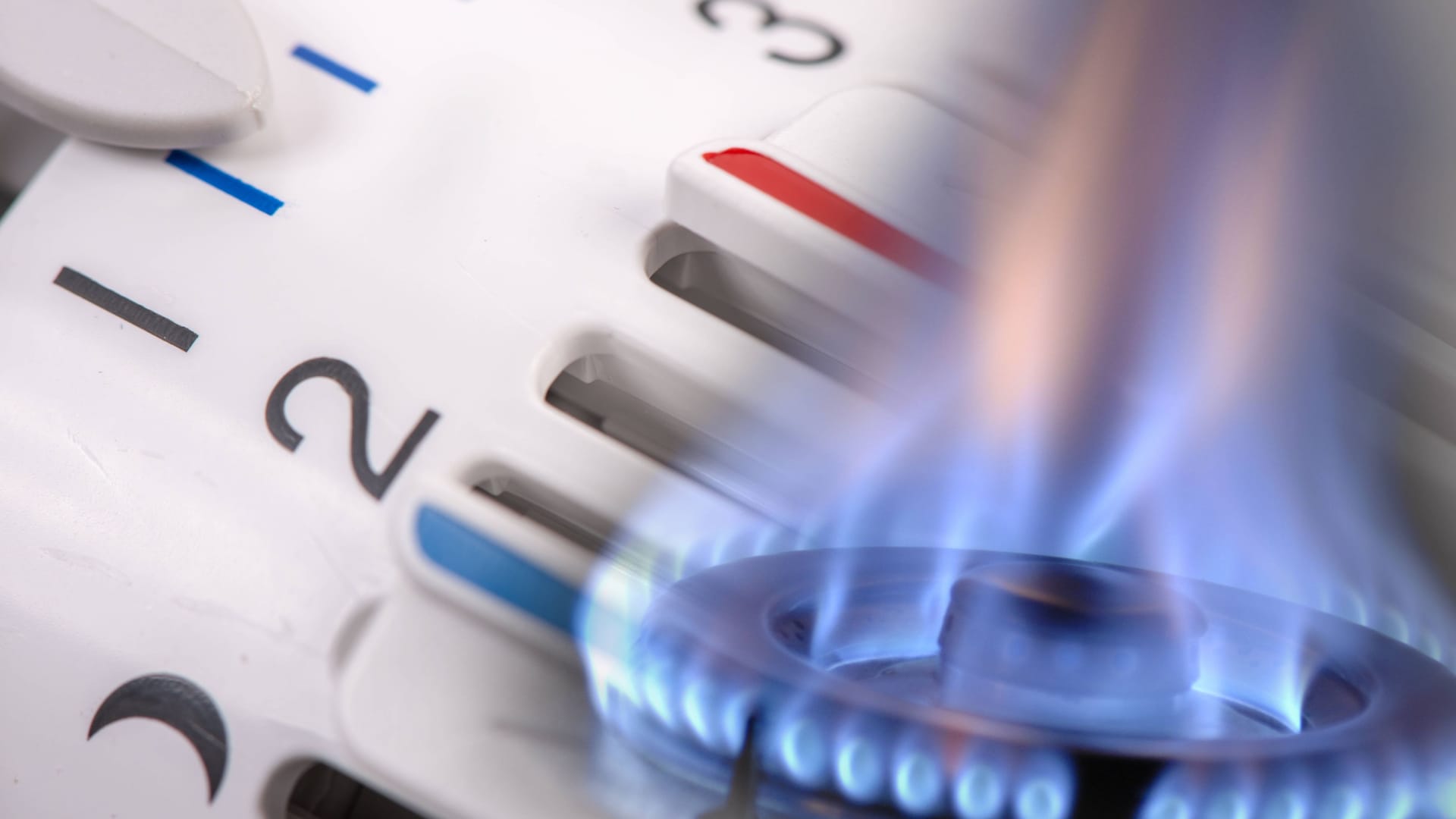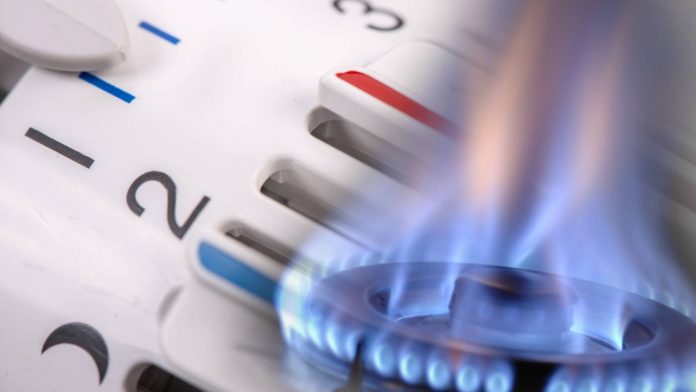Poor prospects for gas customers
Expert warns: 1,000 euros in additional costs for heating
01/04/2025Reading time: 2 minutes

Troubled times lie ahead for gas customers. Experts assume that CO2 prices will rise dramatically. Gas customers would therefore have to expect additional costs of up to 1,000 euros.
At the turn of the year, CO2 taxes rose from 45 euros to 55 euros per ton. This not only makes electricity more expensive, but also heating. The next step in the increase will follow next year: in 2026 the levy will be between 55 and 65 euros. But that's just the tip of the iceberg. From 2027, emissions certificates can be auctioned on the market as part of European emissions trading – and this in turn can significantly increase the price of CO2 in this country.
The German economist and President of the Leibniz Center for European Economic Research (ZEW) Achim Wambach warns in an interview with “Wirtschaftswoche” that he expects a CO2 price of up to 200 euros per ton due to emissions trading. “A four-person household that still heats with gas would have to expect around 1,000 euros more heating costs per year,” he explains.
Wambach is not the only one who expects a CO2 price of up to 200 euros. Professor Matthias Kalkuhl, an expert on CO2 pricing at the Mercator Research Institute in Berlin, is of the same opinion. “200 euros or more would be realistic,” he tells “tagesschau.de”.
If the prices per ton of CO2 emissions rise too much due to trading, the EU Commission can release additional CO2 emission certificates and thereby briefly reduce them. However, the Commission is only allowed to use this instrument “if the price rises above 45 euros per ton for two months in a row. However, the effect is likely to be limited in practice,” summarizes Warmbach. In addition, the release can only take place once a year. The number of additional CO2 emission certificates is “hardly relevant” compared to the number that are on the market. “The dampening effect therefore remains limited.”
Most consumers in Germany are not prepared for this development. Wambach therefore recommends introducing certificate trading gradually so that price increases occur more slowly.
So-called climate money planned by the government is intended to provide relief and reduce the financial burden on consumers. The income from the CO2 taxes should be paid back to consumers. The calculation is then made per capita, i.e. per person. The model would particularly benefit those who do not have a car and have a small apartment or a house with a very high energy efficiency class.
The scientists at the Fraunhofer Institute for Systems and Innovation Research (ISI) took a closer look at the effect of climate money and conducted surveys. Their conclusion: “Climate money does not necessarily contribute to the acceptance of the CO2 price.”
The ISI researchers and other experts instead advocate that the burdens associated with achieving climate neutrality be distributed more evenly among all CO2 emitters. This could also help the CO2 tax gain greater acceptance among the population.


